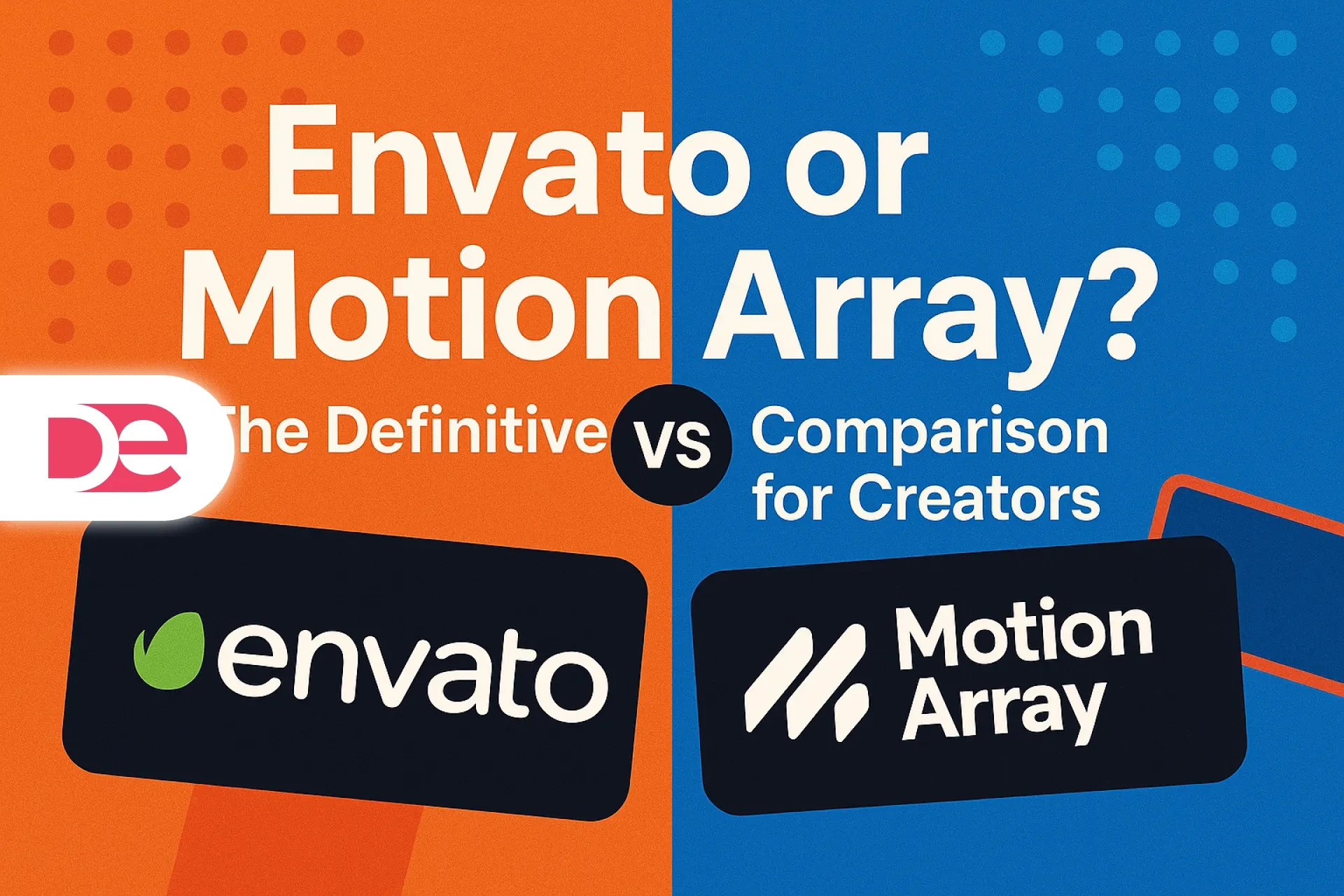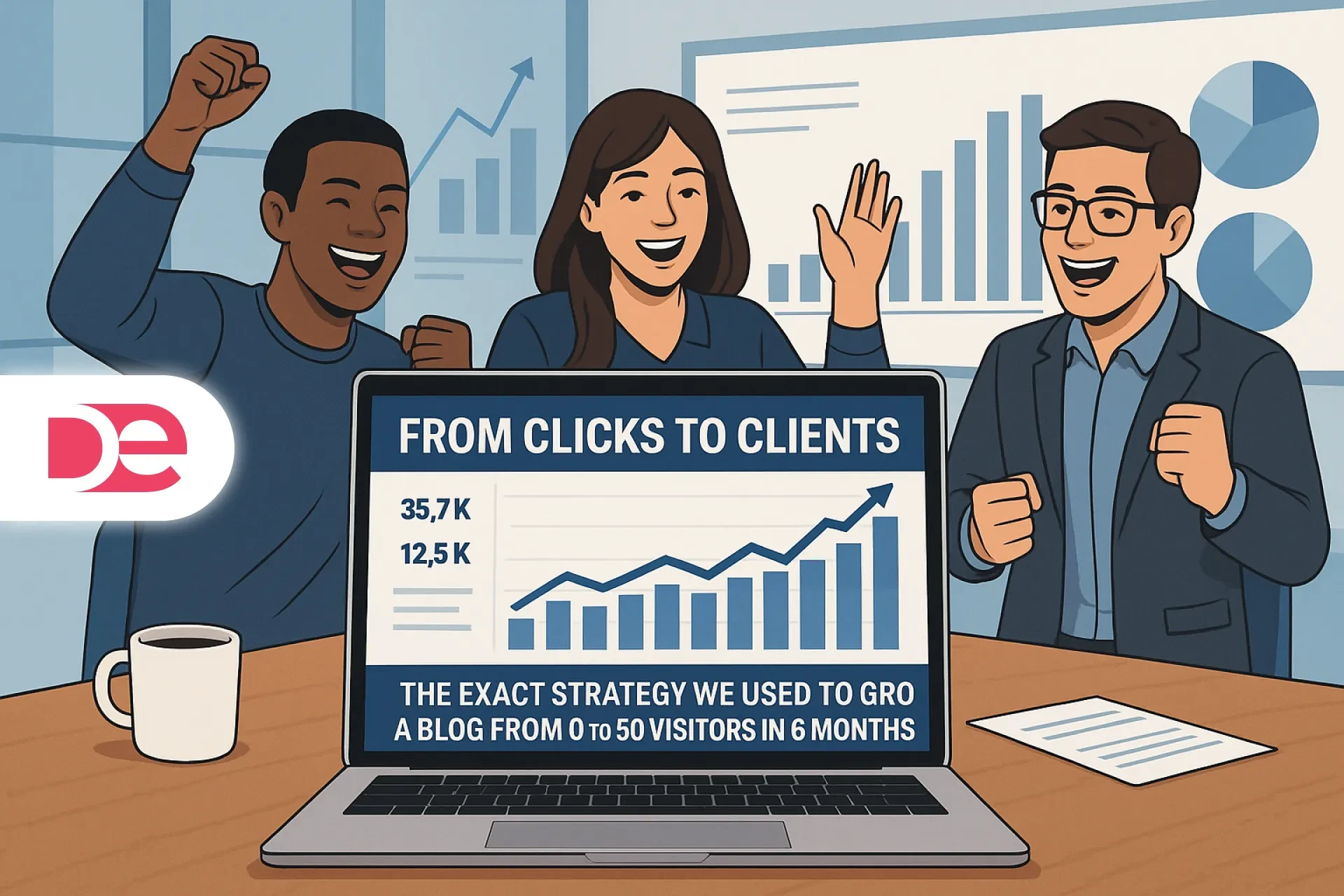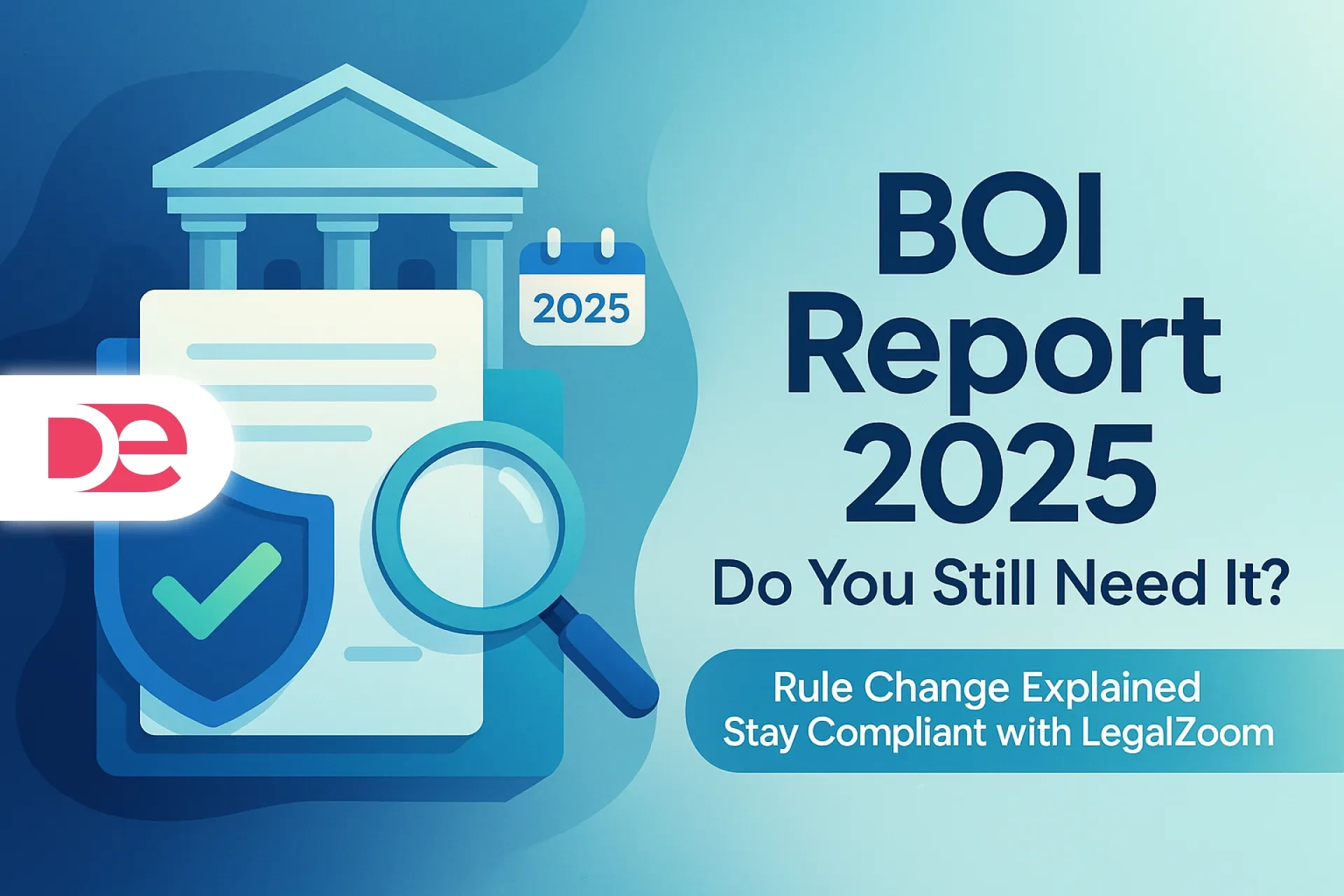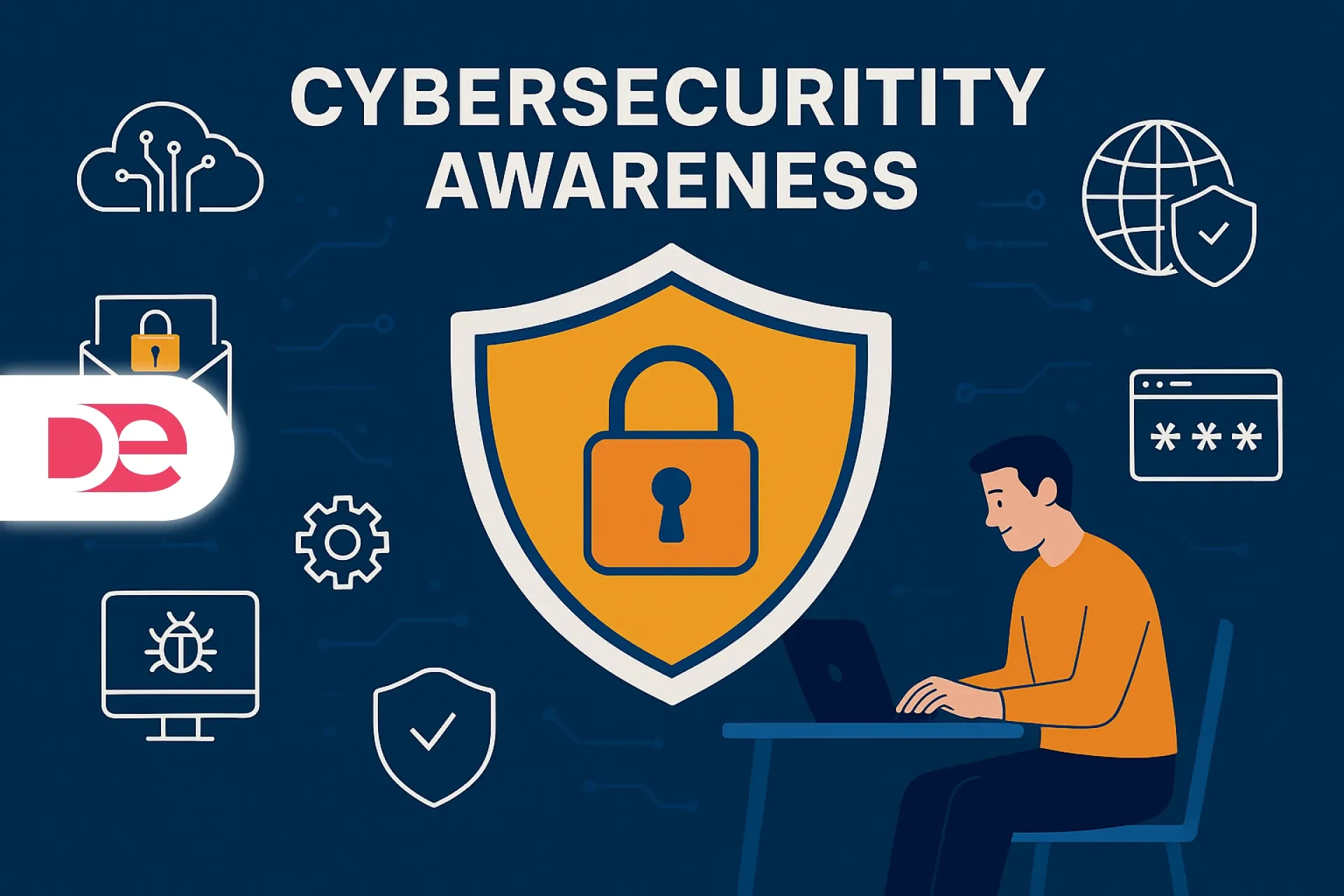Affiliate disclosure: This article contains affiliate links. If you click and purchase, we may earn a commission at no extra cost to you.
Table of Contents
Your social feeds may still be warning that “every LLC must file a BOI report now.” But in March 2025, the federal landscape shifted in a big way. The Financial Crimes Enforcement Network (FinCEN) issued an interim final rule that exempts U.S.-created entities (and their U.S. owners) from Beneficial Ownership Information (BOI) reporting under the Corporate Transparency Act (CTA). By contrast, certain foreign entities registered to do business in the U.S. still must file on accelerated timelines. If you formed your company domestically, that headline alone can change your to-do list—yet it doesn’t eliminate your broader compliance responsibilities. That’s why many owners are turning to LegalZoom not only for BOI guidance but for an end-to-end compliance plan that tracks shifting rules and handles key filings for you.
Below, we unpack what changed, who must report now, how reporting works if you’re still covered, and where LegalZoom’s services fit—so you can focus on growth while staying fully compliant. (FinCEN rule change and deadlines, updated Mar. 26, 2025. )
Start your compliance check with LegalZoom
Get step-by-step help with filings and updates via LegalZoom Compliance Filings.
Start with LegalZoom
What Changed in 2025 (and Why It Matters to You)
In an alert updated March 26, 2025, FinCEN removed BOI reporting requirements for entities created in the United States—the businesses previously called “domestic reporting companies.” Under the interim final rule, the “reporting company” definition was narrowed to entities formed under foreign law that have registered to do business in a U.S. state or tribal jurisdiction. These foreign entities must still file, while U.S. persons and domestic entities are exempt.
LegalZoom’s BOI product page reflects the same shift: U.S. companies & persons are currently not required to report and the standalone BOI filing service is paused, with LegalZoom steering customers toward a comprehensive compliance plan that adapts as regulations evolve.
The headline for owners
• If your LLC or corporation was created in a U.S. state, you currently do not have a federal BOI filing obligation.
• If your company was formed under foreign law and registered to do business in a U.S. state, you likely do have a BOI filing obligation, subject to exemption tests and specific deadlines.
Definitions & Context: BOI, CTA, and “Beneficial Owners”
Beneficial Ownership Information (BOI) is identity data about the real people who own or control a company. Under the CTA, BOI reporting was designed to help law enforcement combat shell companies and illicit finance. (Background and scope: FinCEN BOI program resources.)
Beneficial owner means an individual who either exercises substantial control over the reporting company or owns/controls at least 25% of its ownership interests. Under the March 2025 change, U.S. persons are not reportable; reporting companies (now narrowly defined as certain foreign registrants) report non-U.S. persons who meet the tests.
Company applicant refers to the person(s) who filed or directed the filing to form/register the entity. If your company is within the remaining BOI scope, applicant reporting rules still apply based on when and where you registered. (See FinCEN FAQs for nuanced scenarios.)
Who Must File Now (and Who Doesn’t)
| Entity type (2025) | BOI obligation today | Deadline snapshot | Notes |
|---|---|---|---|
| Domestic U.S. entities (formed under state/Tribal law) | No—exempt under interim rule | None | FinCEN formally exempted these businesses and their U.S. beneficial owners. |
| Foreign entities registered to do business in the U.S. | Yes, unless another exemption applies | Registered before Mar. 26, 2025: file by Apr. 25, 2025. Registered on/after Mar. 26, 2025: file within 30 days of effective registration. | Reporting companies no longer report U.S. persons as beneficial owners. |
Step-by-Step: How BOI Filing Works in 2025 (If You’re Still Covered)

Stay Compliant with LegalZoom Compliance Filings
Get alerts, state filings, and BOI-related updates handled in one place—so you can focus on growth.
Get StartedIf your entity is within the foreign-registrant category and not otherwise exempt:
1) Confirm your status and deadlines
• Determine whether your company is formed under foreign law and registered to do business in any U.S. state/Tribal jurisdiction.
• If yes, check whether you registered before Mar. 26, 2025 (deadline: Apr. 25, 2025) or on/after Mar. 26, 2025 (deadline: 30 days from effectiveness).
2) Identify reportable beneficial owners
• List individuals who either have substantial control or ≥25% ownership—excluding U.S. persons, who are no longer reportable under the interim rule.
3) Gather required data
• Company details: legal name, DBA(s), principal U.S. address (or primary U.S. location), jurisdiction, TIN/EIN (if applicable).
• Beneficial owner details: full legal name, date of birth, current address, ID number and issuing jurisdiction, plus an image of the acceptable ID (passport, driver’s license). (See FinCEN FAQ and toolkit for specifics.)
4) (Optional) Obtain FinCEN IDs
• Owners can create a FinCEN ID to streamline future filings and updates.
5) File securely online
• Use FinCEN’s BOI E-Filing System. The filing is not annual—you file once, then update when information changes.
6) Update or correct within 30 days
• If a reportable item changes or you discover an error, you generally have 30 days to update or correct.
Where LegalZoom fits right now: LegalZoom has paused its standalone BOI filing for U.S. companies given the exemption, but offers Compliance Filings—a plan that monitors legal changes, prepares state reports, handles amendments, and manages BOI-related updates where applicable.
Get LegalZoom Compliance Filings
Pros, Cons & Risk Management
Pros (using a guided partner like LegalZoom):
• Clarity amid change. The 2025 interim rule flips the default for millions of businesses; a partner helps confirm whether you’re in or out—and keeps you updated if rules shift again.
• Process automation. For covered entities, LegalZoom centralizes data gathering, tracks filing requirements, and handles state/BOI workstreams together.
• Speed and accuracy. Attorney-informed templates, specialist support, and a filing guarantee reduce errors that lead to rework.
Cons (DIY pitfalls):
• Using outdated guidance. Many blog posts still reflect pre-March 2025 requirements, which can cause unnecessary filings or missed deadlines for foreign registrants.
• Deadline confusion. Foreign registrants face short windows (often 30 days). Misses can trigger daily civil penalties and potential criminal exposure.
Risk management essentials:
• Document your determination. Keep a memo explaining why you are (or aren’t) a “reporting company” under the current rule.
• Centralize identity artifacts. Store passport/ID images and ownership attestations securely for audit trails.
• Calendar updates. If your status changes, update BOI within 30 days.
• Beware of scams. FinCEN warns of fraudulent “BOI forms” and fee requests—there is no federal fee to file. If you receive suspicious outreach, verify at FinCEN.gov.
Practical Example: A Foreign Company’s 2025 BOI Filing
Scenario: You operate EuroBuild GmbH (formed under German law) and registered to do business in Texas in 2023. Because you’re a foreign entity registered in a U.S. state, you are a reporting company under the narrowed rule—unless an exemption applies.
What changed for you in 2025?
• You still must file a BOI report because you are foreign-formed and registered in the U.S.
• Deadline: Registered before Mar. 26, 2025, so your initial report was due Apr. 25, 2025. (If you registered after that date, your deadline would be 30 days post-effectiveness.)
• Who gets reported: Your non-U.S. beneficial owners who meet the 25%/control tests; U.S. persons are not reportable under the interim rule.
How LegalZoom helps:
• Status confirmation and deadlines. They validate whether you’re still covered and map the filing timeline for you.
• Document collection and filing. They coordinate identity documents, assemble the filing, and handle submission.
• Ongoing compliance. If your ownership or info changes, they schedule updates within the 30-day window.
Move your compliance to LegalZoom
Common Mistakes & Expert Tips
Mistakes to avoid
• Assuming domestic = required. As of March 26, 2025, U.S.-created entities are exempt; many owners are preparing unnecessary BOI submissions.
• Missing the 30-day window. Foreign registrants that form or register after the rule change have tight deadlines.
• Reporting U.S. persons. Under the interim rule, U.S. persons are not reported. Reporting them can create avoidable privacy and processing issues.
• Falling for fake “BOI invoices.” FinCEN cautions against scam letters referencing bogus forms or demanding fees.
Expert tips
• Do a quick eligibility check first. Confirm whether your entity is foreign-formed and registered in a U.S. state; if not, you’re likely exempt.
• Use a compliance calendar. Treat BOI changes like registered agent or annual report deadlines—centralize them.
• Consider FinCEN IDs. They can simplify future updates for reportable owners.
• Bundle compliance tasks. Pair BOI eligibility, state annual reports, and amendments under one provider so rules updates don’t slip through the cracks. (LegalZoom’s Compliance Filings plan.)
Penalties: What Happens If You Get It Wrong
For covered entities (i.e., foreign registrants that must file), willful violations can lead to civil penalties up to $591 per day and criminal penalties up to $10,000 and two years’ imprisonment. That’s why deadline management and accuracy matter—even if your current conclusion is “no filing required.”
Legal Backdrop: Why There Was So Much Confusion
Courts weighed in multiple times. In March 2024, a federal court in Alabama held the CTA unconstitutional as to the plaintiffs only, creating early uncertainty. Later, differing injunctions and stays layered more complexity before Treasury and FinCEN issued the March 2025 interim final rule that formally exempted U.S.-created entities and U.S. persons while keeping foreign registrants in scope.
Why LegalZoom (Right Now)
Even if you don’t need a BOI report today, you still need to prove you checked, keep records, and stay ready for updates. LegalZoom’s Compliance Filings plan consolidates alerts, state filings, amendments, and BOI-related updates into one workflow—supported by attorneys and compliance specialists who track federal and state changes.
• Accurate Filing Guarantee for covered submissions
• Attorney-informed updates as rules evolve
• End-to-end execution so you avoid missed deadlines and piecemeal vendors
Lock in your compliance with LegalZoom
FAQ
Conclusion: Make a Clean, Confident Call—and Move On
You don’t need to guess whether BOI still applies to you. The March 2025 interim rule exempts domestic U.S. entities and narrows BOI duties to specific foreign registrants—while penalties remain serious for those still in scope. Do a quick eligibility check, document your conclusion, and centralize compliance under one roof. That way, you’re covered if the rules evolve again—and free to focus on customers, revenue, and product.
Start your LegalZoom compliance plan now
Stay Compliant with LegalZoom →









































